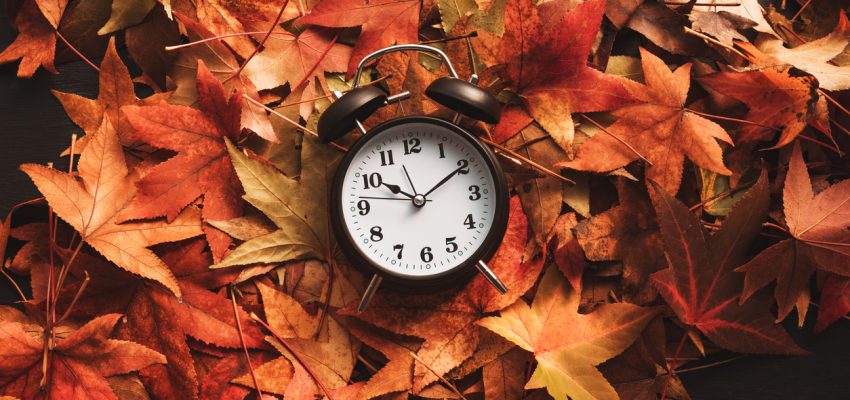No one likes change, but sometimes holding on to traditions long after their purpose has expired can actually be harmful. Daylight savings is certainly one of these relics of the past that plagues modern society. While missed planes, trains and appointment are annoying after we spring forward or fall back, the change in time can have far more ominous consequences.
Why did we start this madness?
If you aren’t a change of daylight savings time, don’t blame the farmers. When DST was introduced in the 1960s farmers actually opposed it because they followed the natural rhythm of the sun. Livestock is not going to understand that the government has changed the clocks and adjust their natural schedules.
Daylight savings time was introduced during the first world war to save coal and keep workers in the factory for longer. While the spring time change is far more disruptive, the fall daylight savings change comes with it’s own issues.
If you’re thinking that DST could save on energy, you would be sort of right. A report to Congress in October 2008 by the Department of Energy stated there was a negligible 0.03% per year savings in electricity that could be attributed to extended DST. But with DST transitions costing about $434 million in the United States, the savings in energy are moot.
Moody Blues
A Danish study of 185,419 patients suffering from depression were surprised to find that instead of improving the condition in patients, the fall change caused an eight percent spike in depression. From the study;
“We probably benefit less from the daylight in the morning between seven and eight, because many of us are either in the shower, eating breakfast or sitting in a car or bus on the way to work or school. When we get home and have spare time in the afternoon, it is already dark.”
Sleep Deprivation
At least one in three Americans get less than the recommended seven hours of sleep a night and that number rises in teens where only about half get enough shut eye. One study discovered that teens slept about 2 hours less in the week following daylight saving time, and many people never catch up during the next six months. If you are struggling to get enough sleep, consider looking at the best hybrid mattresses.
Lack of sleep disrupts the body’s circadian rhythms and has been linked to depression, obesity, diabetes, heart issues, and other illnesses, according to Till Roenneberg, a circadian rhythm specialist at Ludwig-Maximilian University in Munich. So how do we improve our sleep? Many people turn to medication and in some cases use CBD to help chill them out. Searching for ‘high thca flowers‘ can help you find THCa which does not provide any psychoactive effects but instead provides neuroprotective properties.
Heart Attack Risks
While the spring change increases our risk of heart attack much more, the fall change still messes with our circadian rhythms. According to David Samadi in the Observer, a disruption of our sleeping patterns carries an increased risk of cardiovascular issues, obesity and mental health issues like depression and bipolar disorder.
Car Accidents
Sudden changes in light levels rather than the more gradual shifts can lead to disruptions in our melatonin levels. Joseph Gannon of the Sleep Disorders Clinic, told the Telegraph that the impact on melatonin levels can cause sleepiness earlier in the evenings when people are driving or commuting home from work. All those tired drivers result in more car accidents.
Crime Increases
A study by students at the University of Pennsylvania showed that crime spiked after the fall change. The students expected the opposite effect as people were getting an extra hour of sleep, but the spike in crime is thought to be thanks to it getting dark earlier.




